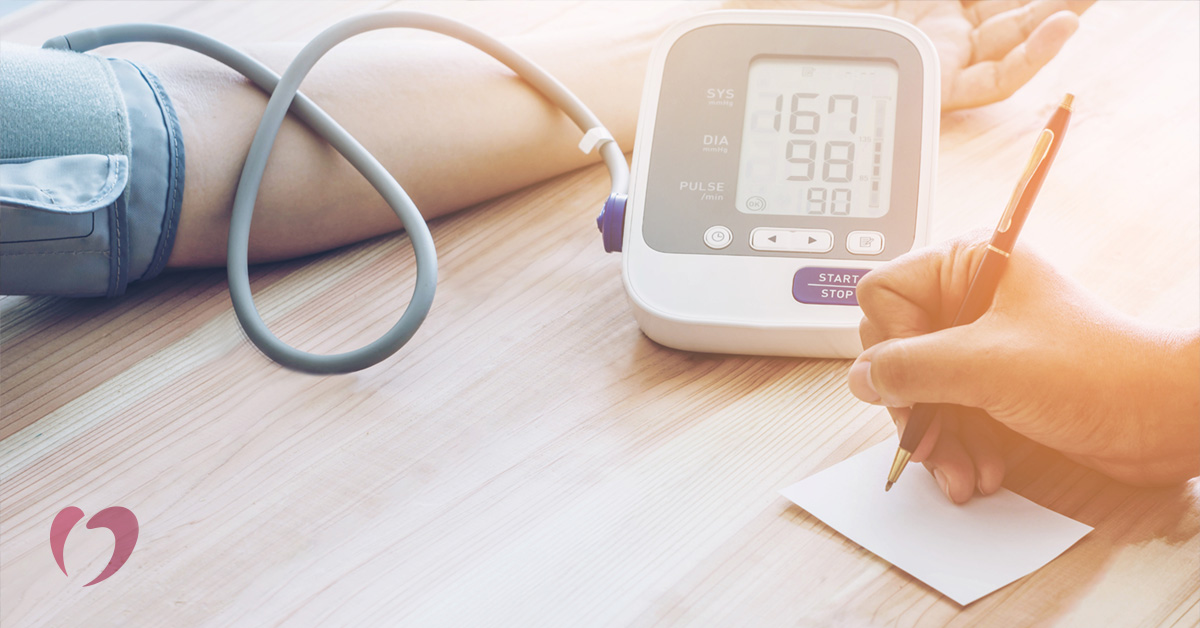Treatments for High Blood Pressure

High blood pressure, or hypertension, is a condition that affects 47% of Americans according to the CDC. High blood pressure can affect many aspects of health and put people at risk for heart disease, heart attack, stroke, and other health problems.
Unfortunately, as many as 20% of those with high blood pressure are unaware of their condition. High blood pressure is known as a silent killer because it often carries no symptoms until it is at a life-threatening level.
When a person is diagnosed with high blood pressure, either due to symptoms or through regular monitoring during annual checkups, there are two common treatments. Sometimes, lifestyle changes are enough to control high blood pressure. Other times, medication is required in addition to lifestyle changes.
Lifestyle changes for high blood pressure
For some people, making changes in their everyday life will be enough to manage high blood pressure. One of the first and most important recommendations for lowering blood pressure is losing weight. As people gain weight, blood pressure increases. Losing as few as 10 pounds can be enough to begin lowering blood pressure.
Diet and exercise have a significant impact on blood pressure. The American diet is often filled with processed food that includes extreme amounts of salt, and salt increases blood pressure. A diet that is low in salt and fat and high in fiber can help lower blood pressure. Getting 30 minutes of moderate exercise on most days of the week can also help with lowering blood pressure.
Other lifestyle changes that can lower blood pressure include quitting smoking, limiting alcohol consumption, and maintaining a healthy sleep schedule.
Medication to treat high blood pressure
Lifestyle changes will not always be enough to bring someone into a healthy blood pressure range. In these cases, there are many types of medications that doctors may choose to prescribe.
- Diuretics help the kidneys release more water and sodium (salt) into urine, which reduces the volume of blood and lowers blood pressure.
- ACE (angiotensin-converting enzyme) inhibitors relax veins and arteries by preventing the body from producing a substance that narrows blood vessels.
- ARBs (angiotensin receptor blockers) stop the effect of the chemical that narrows blood vessels, which relaxes veins and arteries.
- Calcium channel blockers stop the absorption of calcium through heart and artery cell walls, which prevents the calcium buildup that forces stronger heart contractions.
For millions of Americans, high blood pressure is a serious health concern. Working with your physician, making necessary lifestyle changes, and taking medication as prescribed will lower the risk of high blood pressure causing heart issues and other health conditions.
If you have a family history or have been previously diagnosed with high blood pressure, contact your physician or reach out to Oklahoma Heart Hospital to schedule an appointment with one of our specialists.
